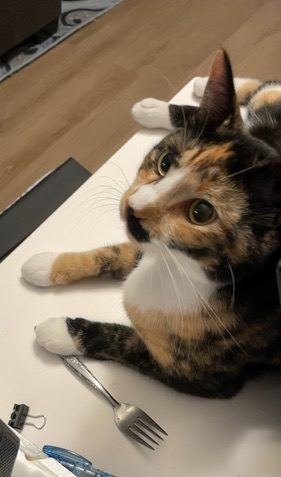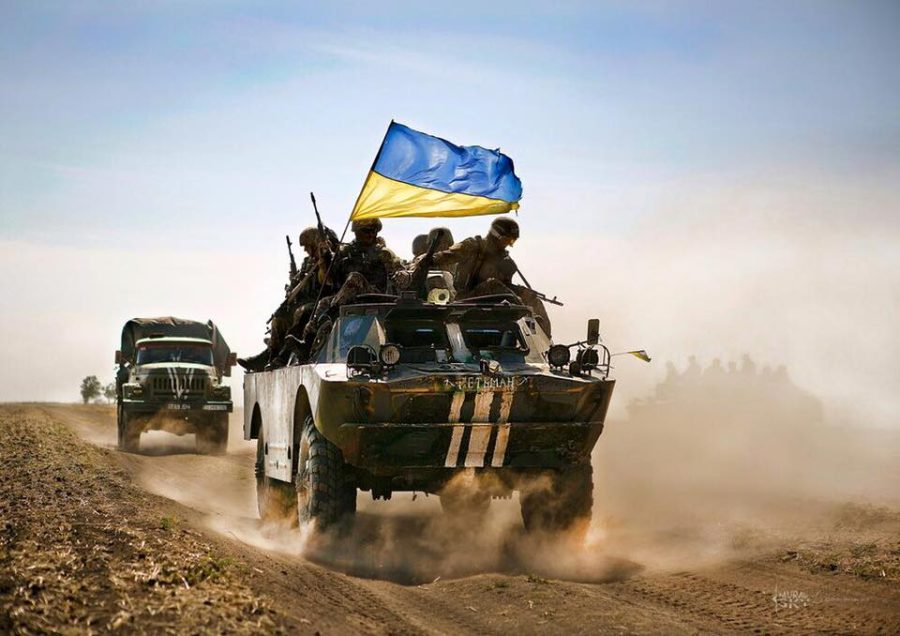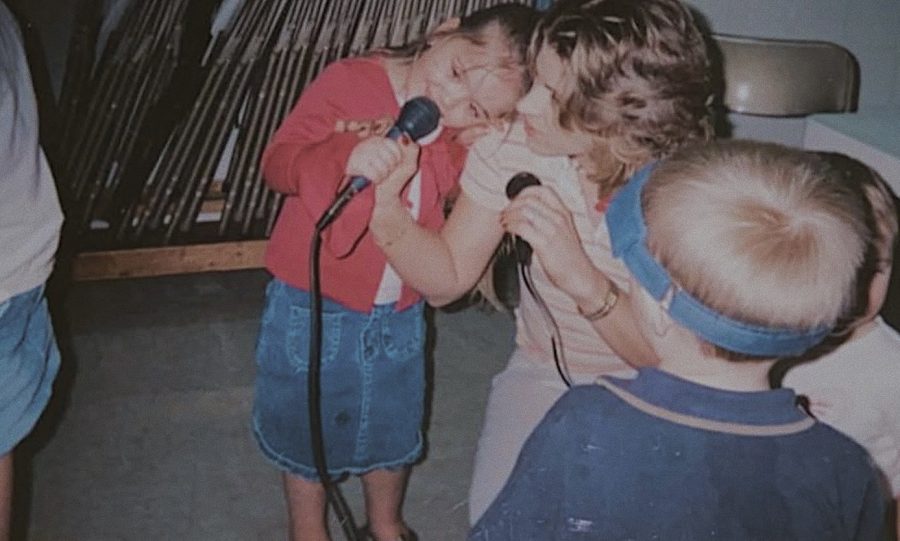
On Tuesday, Jan. 12, the Caribbean nation of Haiti was struck by an earthquake with a magnitude of 7.0.
This destroyed the country’s ability to function, even down to the access of clean water, shelter and food for citizens.
The outpouring of people’s concern has been incredible. More than half of the American households have contributed to relief efforts in Haiti.
But my concern is why does it take a devastating earthquake for the Western Hemisphere’s most impoverished country’s plight to be noticed?
Haiti’s struggles did not begin with the earthquake. Haitians have been dealing with devastation in one aspect or another, such as 80 percent of its population living below the poverty line and more than two-thirds having no formal job, since declaring independence in 1804.
Where were the peanut butter projects and the Haiti relief telethons when Haitians were eating dirt for nourishment the day before the earthquake? Seriously, where was Bono?
Eighty million viewers tuned in to the “Hope for Haiti” telethon featuring several celebrities and Bono, of course.
From the night it aired, Friday, Jan. 22, to Tuesday, Jan. 26, an album of the telethon was released, with some of the sales profits going to Haiti relief funds.
I don’t have a problem with the $61 million the telethon raised. I have a problem with the fact that it takes a telethon to raise money for a country that has long been in economic trouble.
As important as it is to consider giving generously during times of great disasters, we must remember that many countries and citizens live in daily struggle of acquiring food and finding shelter.
It seems like the attention span for helping others has been reduced from watching the evening news to watching the “E! Entertainment.”
Sometimes, our attention deficit can be even more local than one might consider.
Not every disease comes with a ribbon bumper sticker after giving a donation to the research to prevent it. Many diseases go without attention or concern.
As a good friend pointed out, “Where’s the prostate cancer ribbon?”
Can’t we just put together a camping trip and call it “Pitching Tents for Prostate Cancer” to raise awareness?
Comical the notion may be, but it brings a good commentary to the assumption that everything that needs to be concerned about, needs to be rewarding to both the giver and receiver in a monetary way.
It’s troubling to realize that humanitarian issues are only recognized by the product we get for observing it and not just the giving.
Instead of waiting for the earthquakes and hurricanes, let’s put aside our charity CD sales, biodegradable eco-friendly T-Shirts and magnetic ribbon bumper stickers.
Let’s focus on helping impoverished, third-world countries in creating jobs, systems of trade and abilities to sustain their own economy prior to natural or unnatural disasters.
By JESSICA MEYER
Editor
jessmeye@umail.iu.edu






